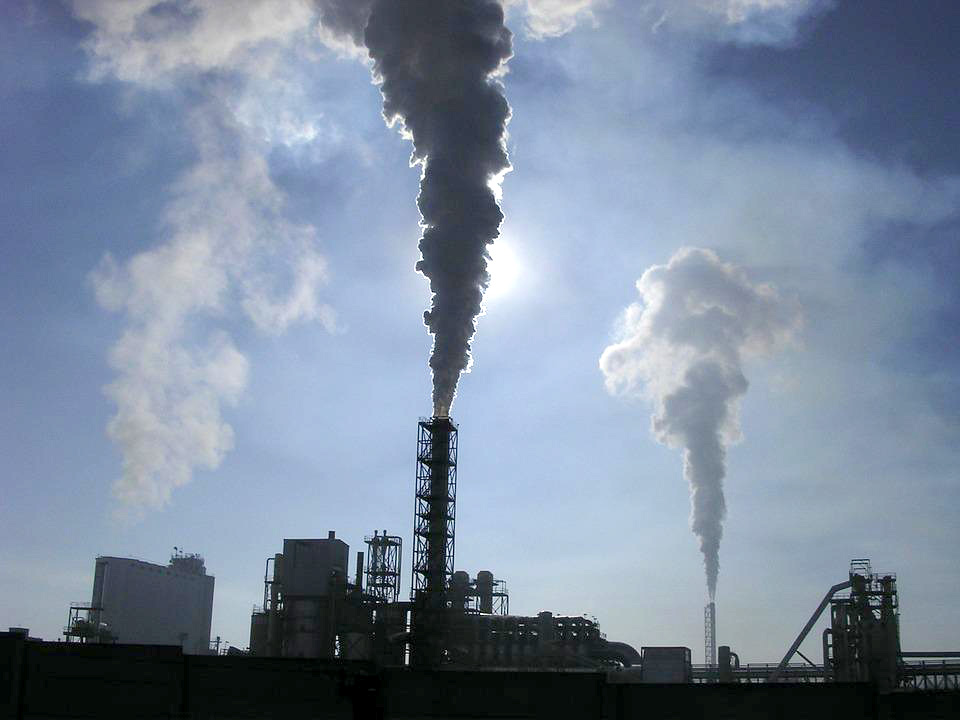Cyprus must pay attention to EU changes aiming to reduce emissions
As part of the EU’s Fit for 55 policy which aims to reduce greenhouse gas emissions by 55 per cent within Europe, a much talked about measure is that of the Carbon Border Adjustment Mechanism (CBAM).
But what exactly is the issue here?
In 2005 the EU introduced the Emissions Trading System (ETS), which for certain industries meant that they had to limit their greenhouse gas emissions to certain levels. Those that surpassed their set limits had to turn to the Emissions Trading System exchange to buy emissions rights for the amounts exceeded.
For Cyprus, at that time, the industries that fell under this scheme were the then two cement factories, eight brick manufacturers and the three electricity production plants.
So, a steel factory, for example, within EU must bear production costs as well as the cost of buying emissions rights from the ETS, thus losing its competitiveness over non-EU manufacturers.
And it is here that the Carbon Border Adjustment Mechanism will come to the rescue by charging certain products entering the EU a carbon tax. Products of a value of less than €150 will be exempted.
For the moment the products being discussed to fall under CBAM are cement, aluminium, fertilisers, electric energy production, iron and steel.
There are a number of issues that still need a lot of work before CBAM can come into force.
The first one is that, for the system to work and to be fair, all free allowances that are allocated to various industry sectors need to be phased out.
Another more difficult issue is to ensure that the rules of the World Trade Organisation (WTO) are not violated.
CBAM will be introduced gradually with the aim of it being fully implemented by the year 2030.
In order to prepare and support the local industry the European Commission announced just recently that €1.8 billion will be invested in 17 large-scale innovative clean-tech projects with such funding programmes expected to be announced regularly over the years.
The CBAM scheme will gain even more significance once the ETS system expands to cover not only industries but all sorts of companies to force them to manage their energy consumption. For instance, large company buildings and the transport sector are now under consideration. The discussion on how maritime shipping emissions will be taxed has already started and it’s one that Cyprus, with its strong shipping sector, should be paying special attention to.
All this aims of course to reduce greenhouse gases, and this must be a universal effort. For this reason, it is important that countries outside the EU as well work together.
Since Brexit, the UK has introduced its own ETS and is now considering the introduction of its own CBAM. This will allow the UK to continue its trade with the EU without any problems. The decision has already been announced, and a public consultation will be initialised before the end of 2022.
Charalampos Theopemptou is an MP, leader of Cyprus Green Party – Citizens Cooperation and chair of the House environment committee






Click here to change your cookie preferences